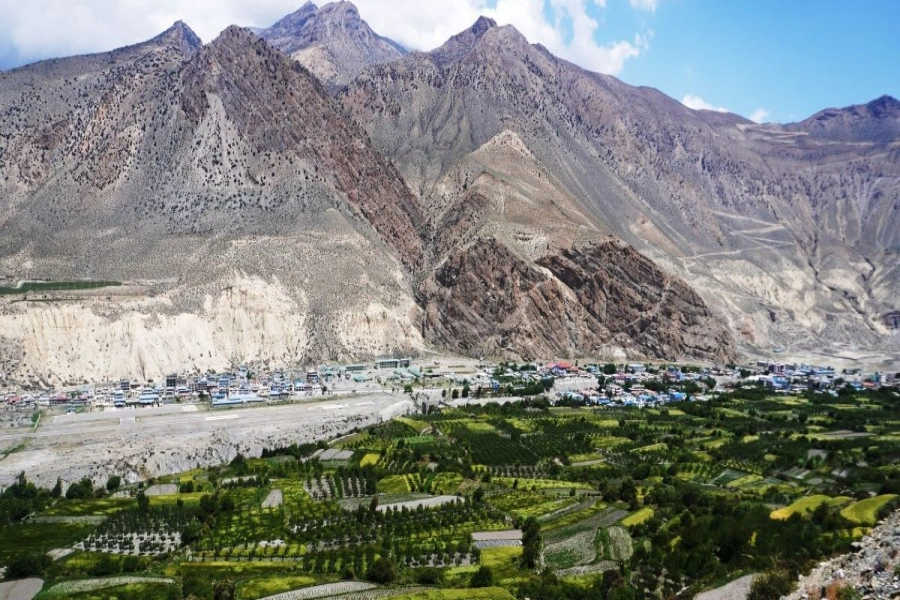KATHMANDU, Feb 28: At a time when wildlife conservationists worldwide are expressing serious concerns over the declining habitats of tiger population, Nepal's Chitwan National Park (CNP) has been lauded for its exemplary efforts in conservation of the big cats.
A new survey released on Wednesday has suggested that out of over a hundred tiger conservation areas where an estimated 70 percent of the world's wild tigers live, at least one-third of them are severely at risk of losing their tigers. Most of these sites are in Southeast Asia where there has been dramatic decline in tiger population in the past decade.
On a positive note, two-thirds of the areas surveyed reported fair to strong management, the report stated. CNP is one such exemplary site which did well in tiger conservation.
Human-Tiger Coexistence Amidst Rising Tiger Population

“While the findings are discouraging for sites in Southeast Asia, the story is slightly different with the CNP, which boasts a viable tiger population of the country,” said Ghana Gurung, country representative of wildlife conservation body WWF Nepal.
According to him, well-developed governance/management structures bringing together park authorities, Nepal Army and local communities, along with effective trans-boundary relations at the local level have been crucial in facilitating tiger conservation and keeping illegal wildlife trade in check at CNP.
The survey 'Safe Havens for Wild Tigers' was driven by 11 leading conservation organizations and tiger range that are part of the Conservation Assured /Tiger Standards (CA/TS). It is the first and the largest rapid assessment of site-based tiger conservation across Asia.
The tiger population of Nepal was counted to be 198 during 2013 survey. The government is conducting another survey on its population to determine the latest tiger population. The survey, which started on November, last year, is currently in its final phase.
As per the 'Global Tigers Recovery Plan' endorsed in 2010, Nepal has joined hands with the global community to double the country's tiger population to more than 250 by the year 2022. Nepal's government and conservationists are confident on meeting the goal a few years earlier than the stipulated deadline.
The survey of CA/TS has brought in light a serious conservation issues. According to the report, all of the surveyed areas reported weakness in basic conservation efforts, such as enforcement against poaching, engaging local communities and managing conflict between people and wildlife.
One of the main reasons for the lack of management of the protected areas is the low investment from governments in Southeast Asia, the report stated. In order to tackle the problem, the survey has recommended that governments of tiger range countries must ensure long-term investment. Failure to do so would risk tiger populations, the report warned.






































